Description
MVR + TVR refers to a combined surgical procedure involving Mitral Valve Replacement (MVR) and Tricuspid Valve Repair (TVR). This procedure is typically performed to address issues with both the mitral and tricuspid valves of the heart.
Familiarity with Treatment
Mitral Valve Replacement (MVR) involves replacing a damaged mitral valve with a mechanical or biological prosthetic valve. Tricuspid Valve Repair (TVR) involves repairing the tricuspid valve, often using techniques like annuloplasty, where a ring is placed to tighten or reinforce the valve.
Procedure
- Preparation: The patient is placed under general anesthesia.
- Incision: A median sternotomy (incision through the sternum) is made to access the heart.
- Cardiopulmonary Bypass: The heart is connected to a heart-lung machine to maintain circulation and oxygenation.
- Mitral Valve Replacement: The damaged mitral valve is removed and replaced with a prosthetic valve.
- Tricuspid Valve Repair: The tricuspid valve is repaired, often using an annuloplasty ring.
- Closure: The heart is restarted, and the sternum is closed with sutures or wires.
Who is it Suitable For?
- Patients with severe mitral valve disease (e.g., mitral regurgitation or stenosis) and concurrent tricuspid valve disease.
- Individuals who have not responded to medical management and are experiencing significant symptoms.
Who is it Not Suitable For?
- Patients with severe comorbid conditions that make surgery too risky.
- Individuals with mild valve disease that can be managed with medication.
Advantages
- Addresses multiple valve issues in a single surgery.
- Can significantly improve symptoms and quality of life.
- Reduces the need for multiple surgeries.
Complications
- Bleeding and infection.
- Stroke or heart attack.
- Prosthetic valve complications (e.g., thrombosis, infection).
- Arrhythmias (irregular heartbeats).
Previous Care
- Thorough preoperative evaluation, including imaging studies (e.g., echocardiogram, MRI).
- Optimization of medical conditions (e.g., controlling blood pressure, managing diabetes).
Aftercare
- Monitoring in the intensive care unit (ICU) immediately after surgery.
- Gradual mobilization and physical therapy.
- Long-term follow-up with a cardiologist.
- Anticoagulation therapy if a mechanical valve is used.
This combined procedure can be life-saving for patients with complex valve disease, offering significant improvements in heart function and overall health.
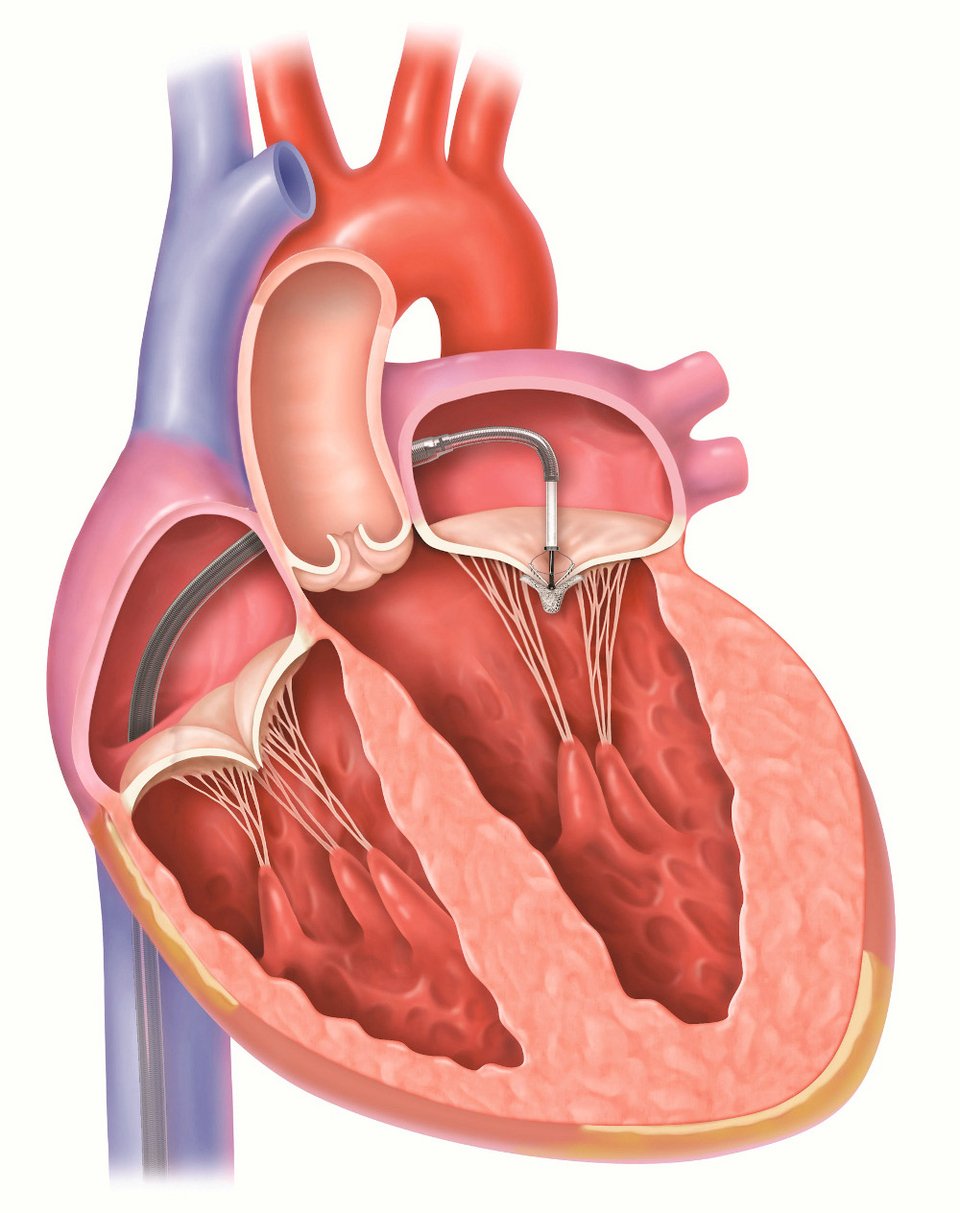
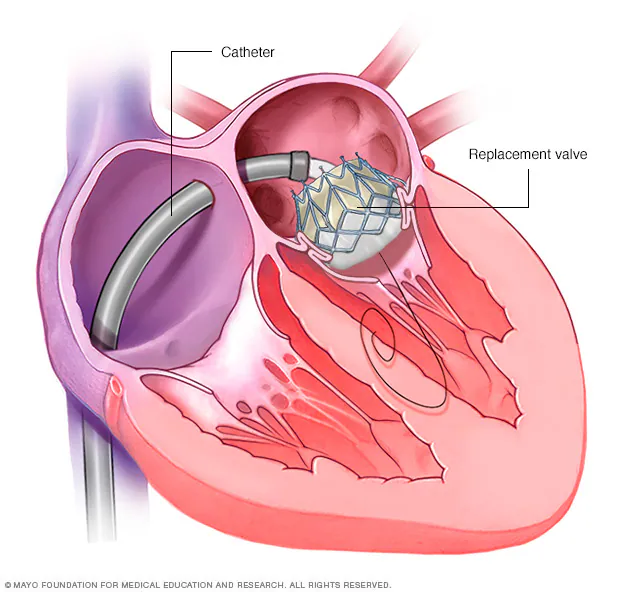
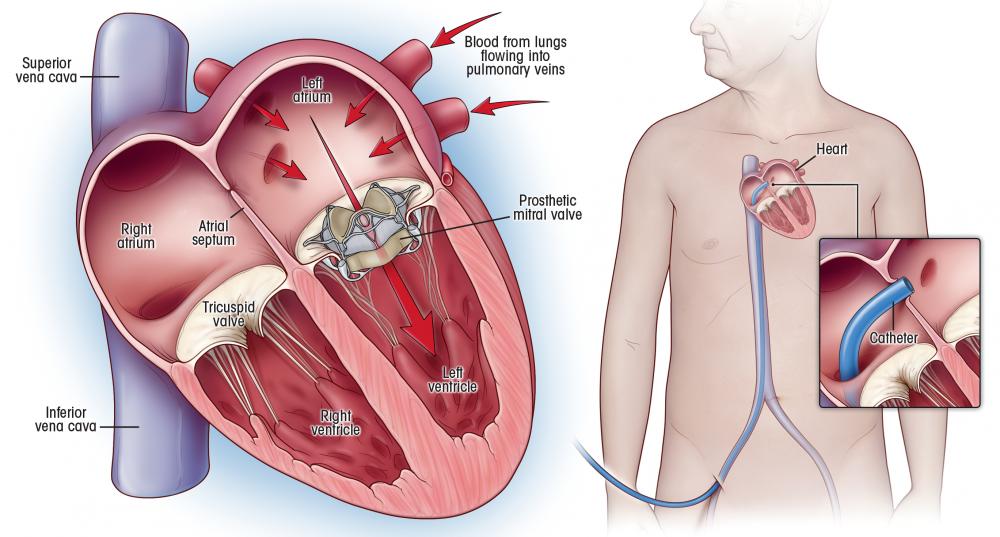
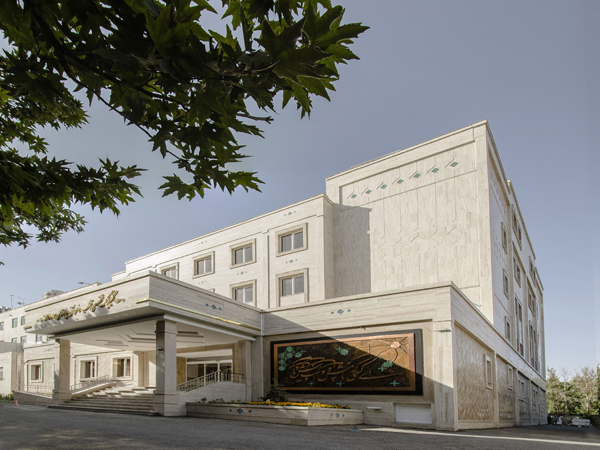

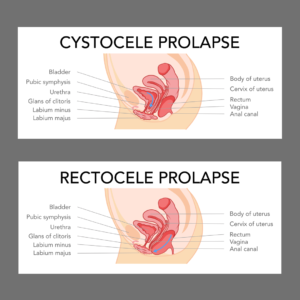

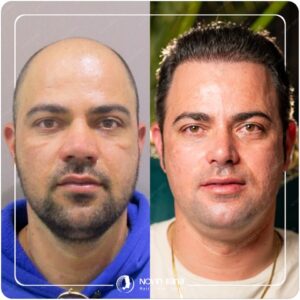
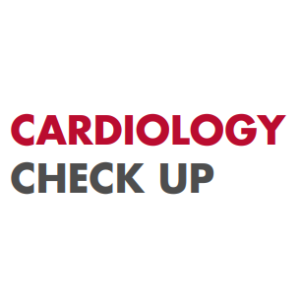
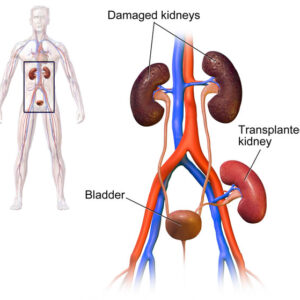
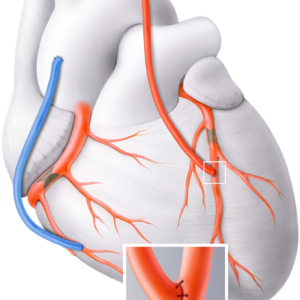
Reviews
There are no reviews yet.